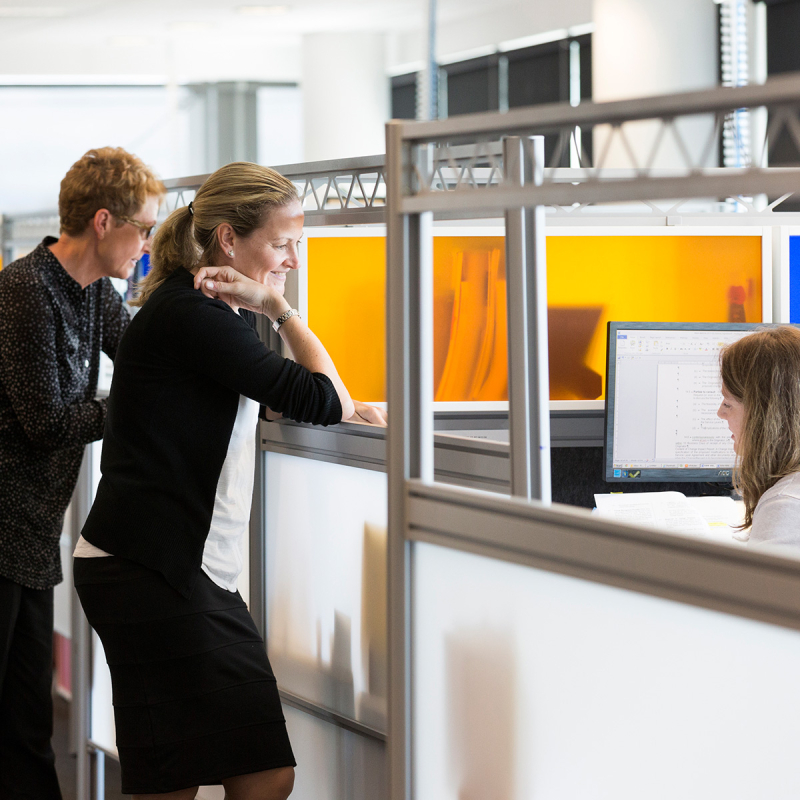Who are we?
the BEst people doing the best work for nearly 100 years.
Welcome to Cooney Lees Morgan
Cooney Lees Morgan is a full service law firm based in Tauranga, New Zealand. Founded in 1918, the firm has grown to become one of New Zealand’s leading law firms. Currently there are over 100 staff, including 57 lawyers and 9 partners. The firm is organised into four teams specialising in Property & Development, Dispute Resolution & Local Government, Corporate & Commercial and Private Client & Trust.
Every Client is our Best Client
Looking back – our firm's origins
Helping the Bay of Plenty grow since 1918
Cooney Lees Morgan was founded by Owen ‘H.O.’ Cooney in 1918 and today three of his grandchildren are among the firm’s partners. From the beginning, the firm has been closely associated with the growth of the region.
A one-horse Tauranga lawyer
In 1918, when the Cooney Lees Morgan story begins, Tauranga was a modest town. The 1916 census recorded a population of just 1,685. There was a fish factory, a few citrus orchards around Te Puke and the early stages of a dairy industry. There was no railway – Auckland was an overnight sea voyage away, on the twice-weekly steamer Nga Puhi which left from a wharf jutting out from The Strand.
Of course, you could get to Auckland by horse, and that’s how local school teacher Owen – everyone called him ‘H.O.’ – Cooney would travel, whenever he had to go up for another exam on his way to becoming a Tauranga lawyer. They say he soaked up the books, and would practice his courtroom skills in the classroom, creating a moot court with his pupils.
The new law firm
Once he qualified – in 1918 – H.O. opened his practice, in Te Puke initially. He had a passion for supporting the underdog – perhaps a trait from his Irish immigrant parents? For him, winning the case was always more important than the economics of a legal practice and he established himself as a nationally-respected barrister. It was said he never lost a jury trial and was always so well prepared that, “By the time he got into the courthouse, look out. He mesmerised them.”
In the 1930s H.O. was joined by Andy Jamieson. Andy soon took over the Te Puke office and H.O. opened the Tauranga office, in Willow Street.
The war years
By 1940 Tauranga was starting to boom, but there was a war on and Andy Jamieson, among others on the firm’s staff, enlisted. H.O. persuaded Lionel Lees to come and help him. Tauranga-born, Lionel had also trained in Auckland and was Crown Counsel there before returning to look after the family farm in Papamoa. Reluctant to take a job from those in service, Lionel took some convincing, but gave in when H.O. simply painted his name on the front of the building. Andy Jamieson never did return – he was killed in Crete in 1941.
H.O. Cooney and Lionel Lees were extremely active in the development of the region. H.O. was mayor of Te Puke for a while and an advocate for local Maori over land grievances. Lionel served on the Tauranga council and was deputy mayor, as well as being on the Fire Board and the committee that established the University of Waikato. Overcoming opposition from Auckland and Whakatane, and from the Chief Engineer from Wellington, H.O. argued the case for a new port for Tauranga and Lionel served on the new Harbour Board.
The next generation
After the war, H.O.’s son, Jim, joined the practice. The war and family had prevented Jim from completing his law exams, but, as a major in the army he had honed some strong negotiating skills and he applied these to great effect in a number of land compensation claims. In 1948, the name of the firm was changed to Cooney, Jamieson, Lees.
Meanwhile Ed Morgan (actually Eugene Dennis, but E.D. became ‘Ed’) was in Malaya, as part of the post-war colonial government. He’d been a prisoner of the Japanese during the war and survived three horrendous years building the Burma railway. When he returned to New Zealand in 1950 he was encouraged by a former law professor to “Go to Tauranga and learn your craft” from H.O., which he did. Another of H.O.’s sons – Des Cooney – a well-known sportsman who represented Auckland, Bay of Plenty and New Zealand Varsities at rugby, also joined the firm.
Cooney Lees Morgan
Des developed an extensive property practice and took up responsibility for managing the Tauranga law firm, embracing new ideas and new technology and overseeing a significant expansion. The firm moved to new premises in Grey Street. Ed Morgan, meanwhile – who, like H.O., was an outstanding barrister, no happier than when fighting for a cause – was taking over H.O.’s Maori work, helping, among other things, to secure compensation for the land taken after the 1864 Battle of Gate Pa and later taking part in the land march alongside Dame Whina Cooper. The name of the Tauranga law firm changed again, to Cooney Lees & Morgan.






